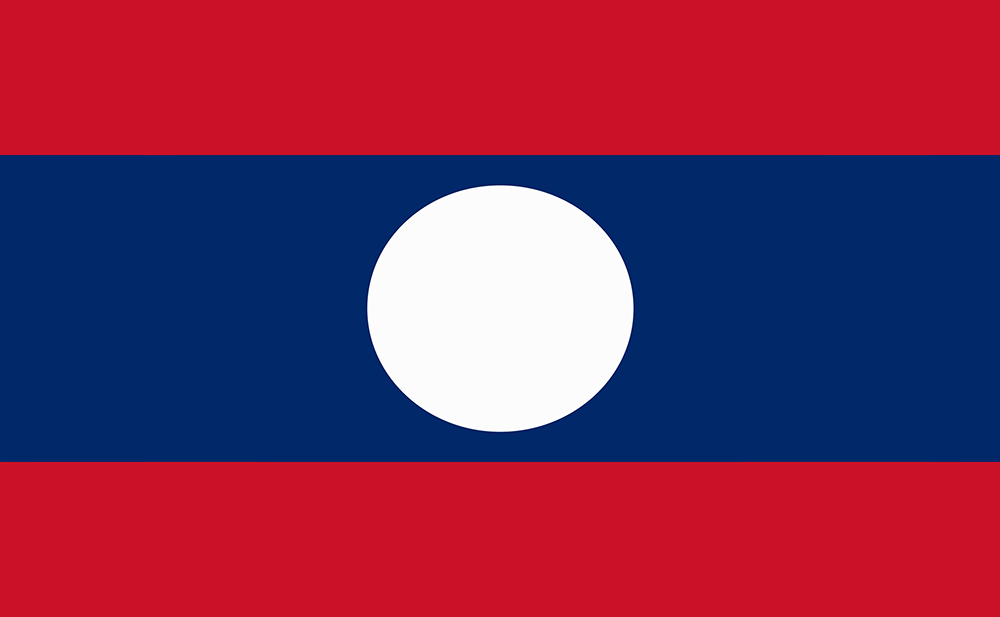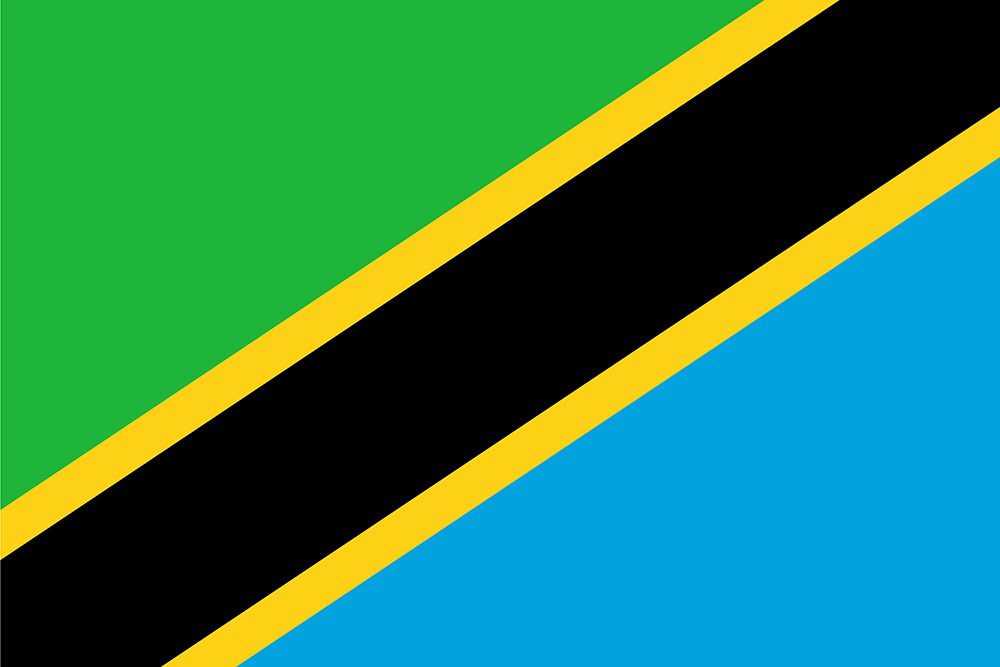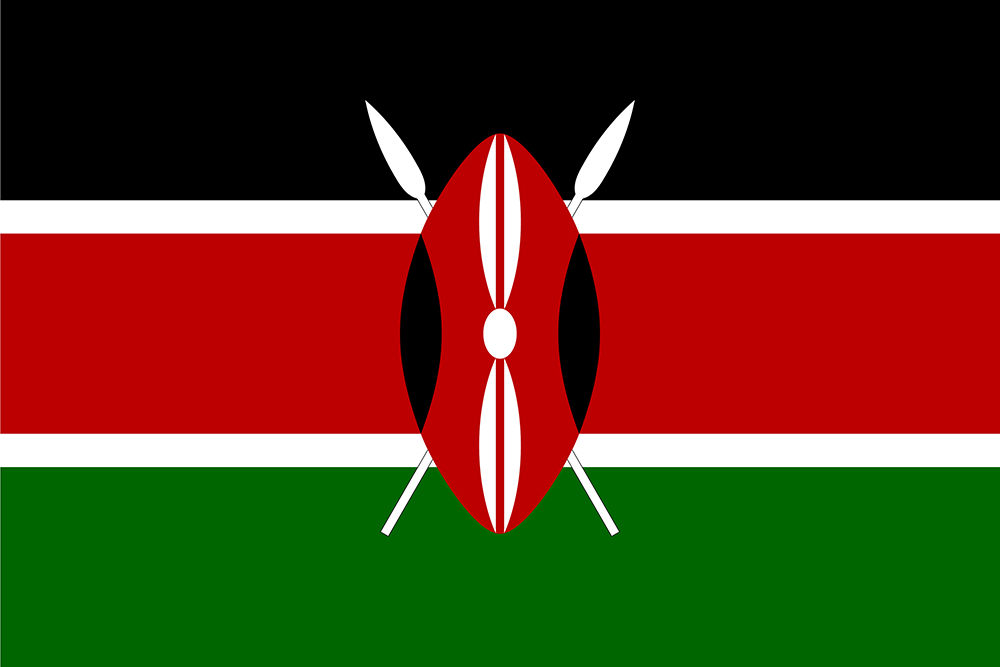Country Report Summary

Indonesia
Anti Money Laundering
FATF status
Indonesia was removed from the FATF List of Countries that have been identified as having strategic AML deficiencies on 26 June 2015.
Compliance with FATF Recommendations
The last Mutual Evaluation Report relating to the implementation of anti-money laundering and counter-terrorist financing standards in Indonesia was undertaken in 2023. According to that Evaluation, Indonesia was deemed Compliant for 6 and Largely Compliant for 29 of the FATF 40 Recommendations. It was deemed Highly Effective for 0 and Substantially Effective for 4 of the Effectiveness & Technical Compliance ratings.
Sanctions
There are no international sanctions currently in force against this country.
Bribery & Corruption
Rating: 0 (bad) - 100 (good)
Transparency International Corruption Index = 37
World Bank: Control of Corruption Percentile Rank = 36
Despite President Jokowi’s commitment to good governance, corruption remains a significant issue in Indonesia, as highlighted by its low ranking in Transparency International’s Corruption Perceptions Index. The Corruption Eradication Commission (KPK) has faced challenges, including reduced independence following a 2019 law, which has led to a decline in investigations, although notable prosecutions have increased in recent years. Corruption is particularly prevalent in the natural resources sector, exacerbated by weak enforcement of anti-corruption laws and a lack of compliance with international conventions.
Economy
Indonesia boasts a USD 1.2 trillion economy supported by a population of 276 million and a growing middle class, making it an attractive destination for U.S. investors. Despite its abundant natural resources and stable economic environment, challenges such as bureaucratic inefficiency, legal uncertainties, and corruption persist, complicating the investment landscape. Recent reforms, including the 2023 Omnibus Law on Job Creation, aim to enhance competitiveness and streamline regulations, yet concerns remain regarding labor rights and the overall investment climate.
Indonesia’s investment climate has improved significantly since the elimination of its Negative Investment List in 2021 and the ratification of the 2023 Omnibus Law on Job Creation, which aims to enhance competitiveness by reducing corporate taxes and regulatory barriers. However, foreign investors still face challenges such as legal uncertainties, economic nationalism, and corruption, which complicate the investment landscape. Despite these hurdles, Indonesia continues to attract substantial foreign investment, particularly in sectors like digital technology and renewable energy.
Country Report Summary

Malaysia
Malaysia is not on the FATF List of Countries that have been identified as having strategic AML deficiencies.

Singapore
Singapore is not on the FATF List of Countries that have been identified as having strategic AML deficiencies.

Brunei
Brunei is no longer on the FATF List of Countries that have been identified as having strategic AML deficiencies.

Laos
Laos is on the FATF List of Countries that have been identified as having strategic AML deficiencies.

Philippines
Brunei is no longer on the FATF List of Countries that have been identified as having strategic AML deficiencies.

Cambodia
Cambodia is no longer on the FATF List of Countries that have been identified as having strategic AML deficiencies.

Vietnam
Vietnam is on the FATF List of Countries that have been identified as having strategic AML deficiencies.

Myanmar
Myanmar is subject to a FATF call on its members and other jurisdictions to apply enhanced due diligence measures proportionate to the risks arising from the jurisdiction.

Timor-Leste
Timor-Leste is not on the FATF List of Countries that have been identified as having strategic AML deficiencies.

Thailand
Thailand is no longer on the FATF List of Countries that have been identified as having strategic AML deficiencies.

Indonesia
Indonesia was removed from the FATF List of Countries that have been identified as having strategic AML deficiencies on 26 June 2015.

Morocco
Morocco is no longer on the FATF List of Countries that have been identified as having strategic AML deficiencies.

Tanzania
Tanzania is on the FATF List of Countries that have been identified as having strategic AML deficiencies.

Kenya
Kenya is on the FATF List of Countries that have been identified as having strategic AML deficiencies.

Rwanda
Rwanda is not on the FATF List of Countries that have been identified as having strategic AML deficiencies.

Taiwan
Taiwan is not on the FATF List of Countries that have been identified as having strategic AML deficiencies.

Hong Kong
Hong Kong is not on the FATF List of Countries that have been identified as having strategic AML deficiencies.
